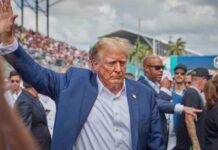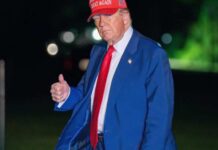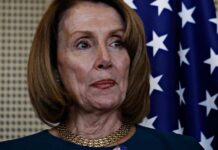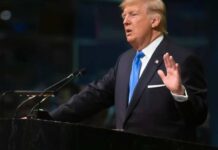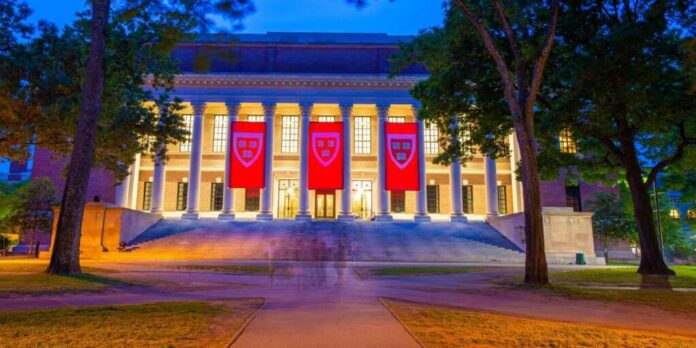
Harvard University has long styled itself as the pinnacle of academic prestige. But under pressure from President Donald Trump’s administration, the Ivy League titan appears to be reeling—and possibly surrendering.
According to The New York Times, Harvard is scrambling to “strike a deal without compromising [its] values or appearing to have capitulated.” But the optics are hard to ignore. After months of sustained federal pressure, including sweeping audits and the threat of defunding, Harvard’s defiance has started to look more like damage control.
Trump’s Multi-Agency Crackdown
The situation began escalating in March when the Departments of Education, Health and Human Services, and the General Services Administration announced a comprehensive review of Harvard’s federal funding. The scope was jaw-dropping: over $255 million in federal contracts and a staggering $8.7 billion in multi-year grants were placed under scrutiny.
The Education Department laid out a list of demands in April, calling for reforms like reducing activist influence among faculty, trimming administrative bloat, and enforcing race-neutral, merit-based admissions. These conditions struck at the core of Harvard’s modern ideological commitments.
Rather than concede outright, the university issued a fiery statement: “The university will not surrender its independence or relinquish its constitutional rights.” But as the weeks passed and financial threats mounted, that bold stand began to look more like wishful thinking.
A Clash of Worldviews
The Trump administration’s core argument is simple: institutions that receive taxpayer money should follow the law and uphold fairness. Harvard, meanwhile, has insisted that its prestige and global reputation entitle it to academic and administrative autonomy—even when that autonomy means defying federal law.
One of the more controversial components of the crackdown is Trump’s move to restrict international student access, citing security risks and intelligence concerns. An executive order pointed to long-standing FBI warnings about foreign adversaries exploiting U.S. academia to steal research, spread propaganda, and undermine national interests.
So far, a federal judge has temporarily blocked these restrictions—but that legal battle is far from over.
Harvard’s Real Vulnerability: Money
While Harvard claims it’s fighting for academic freedom, insiders suggest its real fear is losing billions in federal dollars. Former university president Lawrence Summers admitted the stakes, saying Harvard’s influence would collapse without access to federal support and global talent. “Harvard would be just another school,” he lamented.
The Daily Caller hit back, pointing out that Harvard’s concept of “independence” amounts to a demand for endless taxpayer funding without accountability. In the eyes of many Americans, that’s not independence—it’s entitlement.
The Bigger Picture
Trump’s assault on Harvard is just one front in his broader war against what he views as elitist institutions corrupted by left-wing ideology. From DEI programs to affirmative action and bloated administrative bureaucracies, the administration is challenging academia’s political orthodoxy head-on.
Harvard may not have fully surrendered, but it’s clear the school is on the defensive. Federal dollars now come with federal expectations—and under Trump, those expectations are radically different from the days of bureaucratic indulgence under Biden or Obama.
As the fight continues, one thing is clear: the ivory tower has never faced this kind of siege before. Whether Harvard bends, breaks, or adapts remains to be seen. But the message from Washington is unambiguous—no more free passes for America’s most powerful universities.


